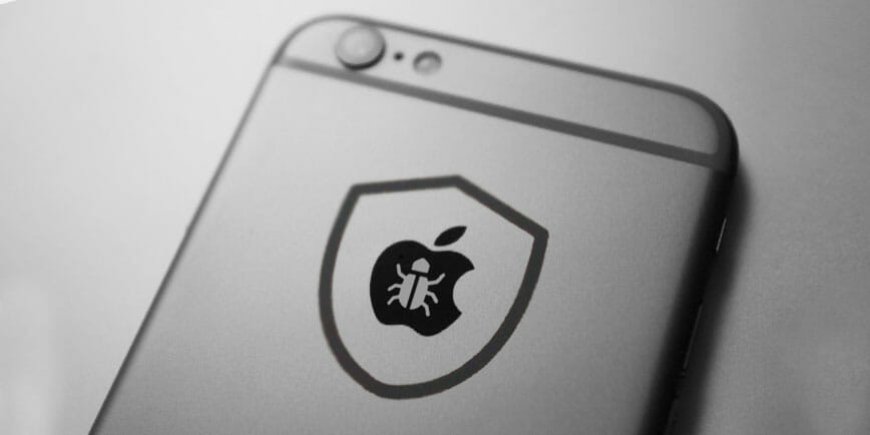The Exodus Spyware: A Modern Threat to Privacy and Surveillance
Discover the hidden dangers of Exodus spyware and its impact on digital privacy and surveillance. Learn how this malicious software infiltrates devices and what steps you can take to protect your personal information. Exodus spyware is a sophisticated threat that compromises digital privacy by infiltrating devices through legitimate apps. This article explores the mechanics of Exodus, its implications for privacy, and broader surveillance concerns. Learn how to protect yourself from such threats and stay informed about the latest cybersecurity measures.

In an era where digital privacy is increasingly under threat, the Exodus spyware stands out as a stark reminder of the vulnerabilities inherent in our connected world. This malicious software, which has infected hundreds of devices, primarily in Italy, underscores the urgent need for robust cybersecurity measures and heightened awareness about digital surveillance.
What is Exodus Spyware?
Exodus is a sophisticated piece of spyware that was discovered lurking in seemingly innocuous apps on the Google Play Store. Developed by an Italian company, this spyware was embedded in at least 25 different applications, masquerading as service apps from mobile operators. Once installed, Exodus had the capability to harvest a wide range of personal data from the infected devices, including call logs, SMS messages, GPS coordinates, and even audio recordings.
The Mechanics of Exodus
The spyware operates in two stages. The first stage involves the initial infection, where the app gains basic access to the device. The second stage is more insidious, as it downloads additional payloads that grant it extensive control over the device. This includes the ability to access the device’s camera and microphone, track the user’s location, and retrieve data from other apps such as Facebook, Gmail, and WhatsApp.
Implications for Privacy
The existence and operation of Exodus spyware highlight significant concerns about privacy and surveillance. The ability of such spyware to infiltrate devices through legitimate app stores like Google Play raises questions about the effectiveness of current security measures. Moreover, the extensive data collection capabilities of Exodus mean that victims are subjected to continuous surveillance, with their personal information being exposed to potential misuse.
Broader Surveillance Concerns
Exodus is not an isolated case. It is part of a broader trend of increasing digital surveillance facilitated by advanced spyware tools. Governments and private entities alike have been known to deploy such tools for various purposes, ranging from national security to corporate espionage. However, the line between legitimate surveillance and privacy invasion is often blurred, leading to potential abuses of power.
A report by the UN Human Rights Office has highlighted the growing threats to privacy posed by modern surveillance technologies. It emphasizes the need for stringent regulations to prevent the misuse of such tools and protect individuals’ rights to privacy. The report also calls for a moratorium on the use and sale of hacking tools until adequate safeguards are in place.
Protecting Yourself from Spyware

Given the pervasive nature of spyware like Exodus, it is crucial for individuals to take proactive steps to protect their digital privacy. Here are some recommendations:
- Be cautious about app permissions: Only grant permissions that are necessary for the app’s functionality.
- Regularly update your devices: Ensure that your operating system and apps are up-to-date with the latest security patches.
- Use reputable security software: Install and maintain reliable antivirus and anti-malware programs.
- Stay informed: Keep abreast of the latest cybersecurity threats and best practices.
Conclusion
The Exodus spyware serves as a potent reminder of the vulnerabilities in our digital ecosystem. As surveillance technologies become more advanced, the need for robust privacy protections becomes ever more critical. By staying informed and vigilant, individuals can better safeguard their personal information against the prying eyes of malicious actors.
What's Your Reaction?















































































































